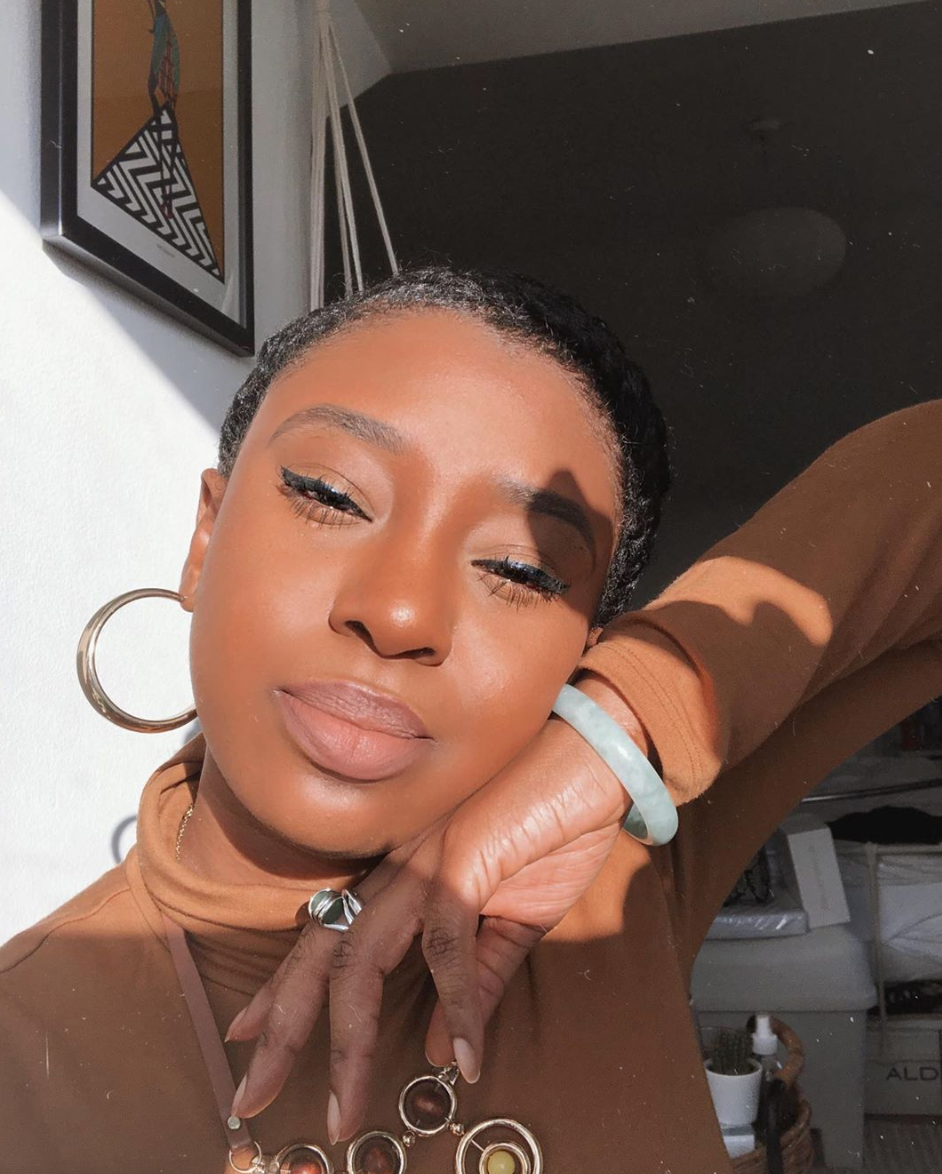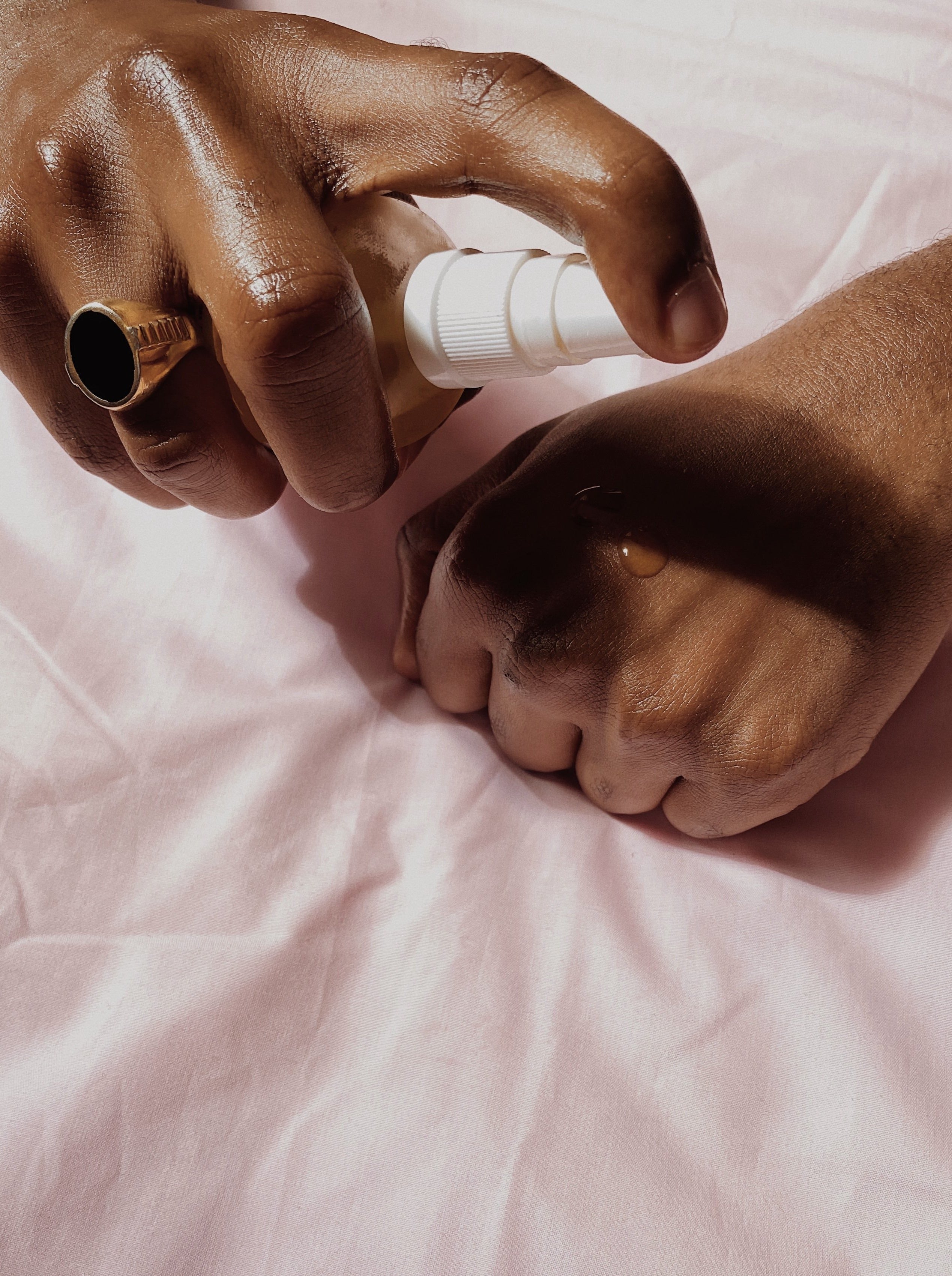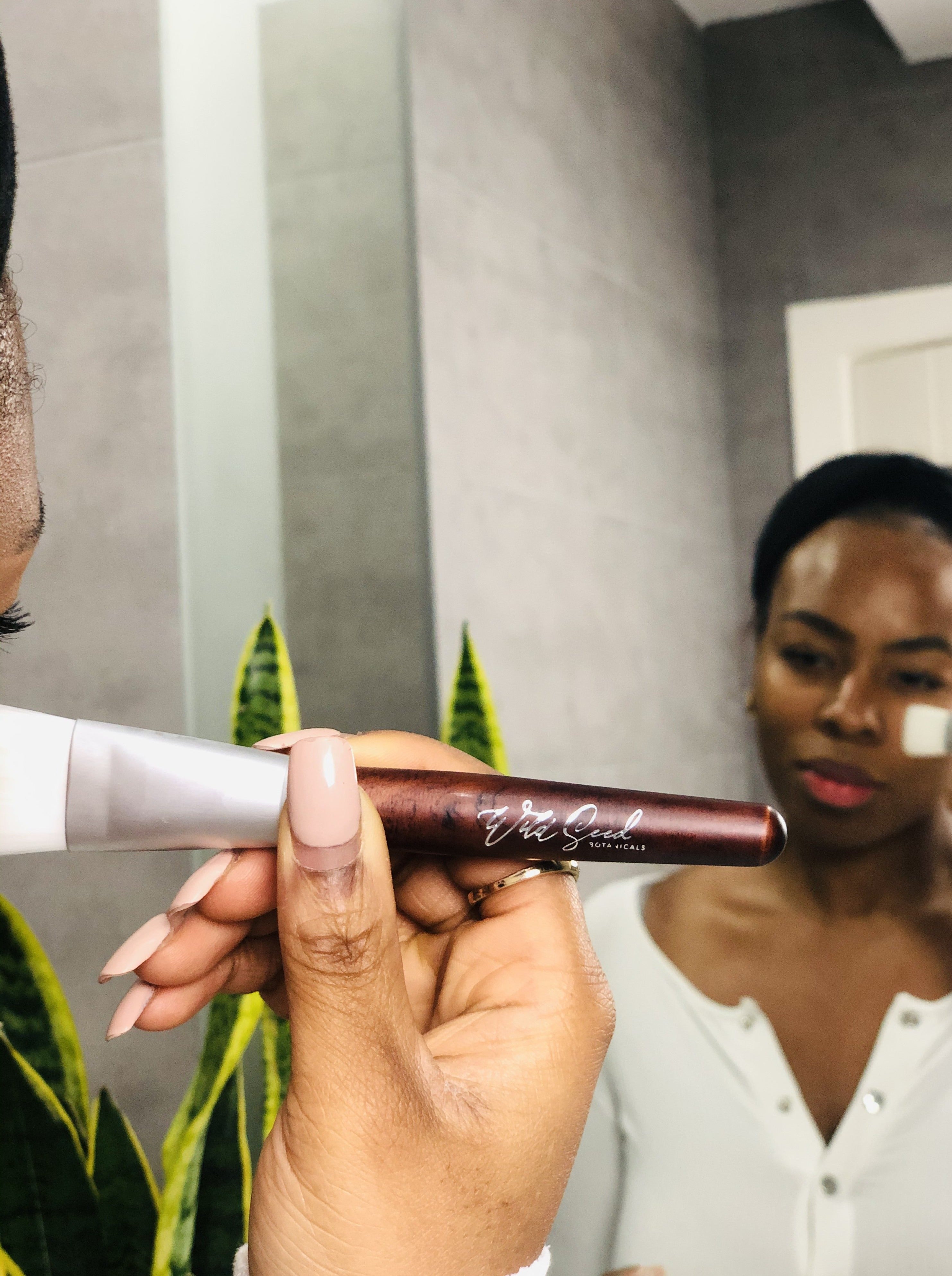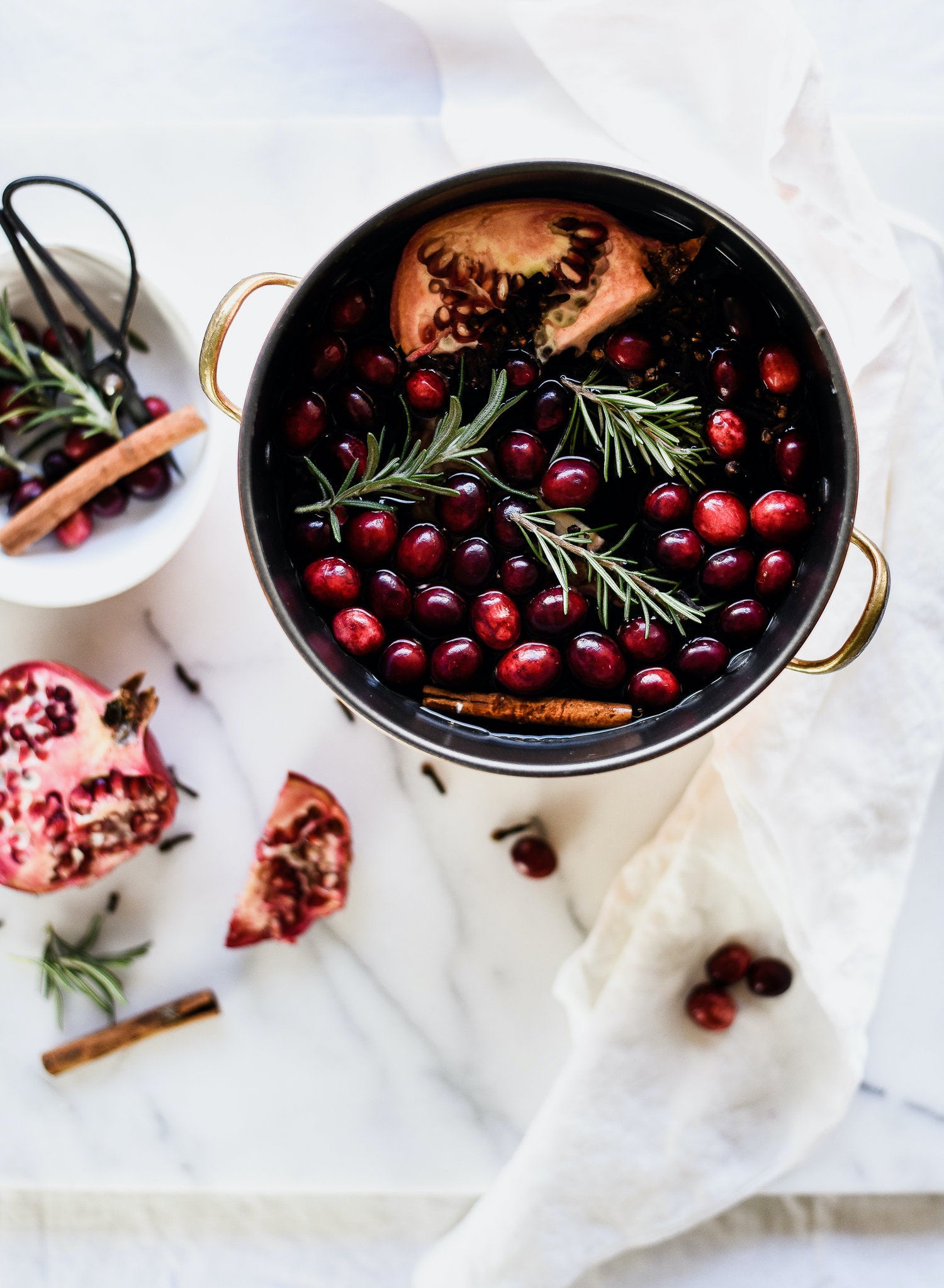
Dry Skin vs. Dehydrated Skin
So what's the difference?
On our quest to have healthy skin that glows naturally, we often see these two words and most people use them interchangeably. The two are NOT, in fact, one and the same.
It’s vital to the health of our skin and body to keep it nourished and to make sure it has all the tools it needs to fight any damage caused by dryness, skin conditions, or environmental damage.
Dry skin affects males and females equally and as we get older, it's common for us to suffer more from dry skin.
Dry skin means your skin isn’t producing enough lipid cells on its own, the natural lipid barrier of our skin protects itself from damage and loss of water.
Dry skin is classified as a skin type, which means a combination of genetic, hormonal, and environmental factors has contributed to your skin’s inadequate production of natural oils.
Dry skin can flake, itchy, and cause an overall dull, rough, or lacklustre appearance.
Dehydrated skin, on the other hand, is caused by a lack of water.
Not oil, like dry skin. This means even oily skin types can suffer from dehydration.
When the water content of your skin is depleted, the results become visible in your skin, leaving it less elastic and supple.
What You Can Do
We can’t always control the environment we are exposed to, so it’s important to know what matters we can take into our own hands to improve the quality of dry or dehydrated skin.
First, drinking plenty of water is an absolute must.
No matter your skin type or condition, nothing bad can come from drinking the right amount of water.
Some interesting facts about water and our health³:
- 60% of the human adult body is made up of water
- The brain and heart are composed of 73% water
- The lungs contain 83% water
- The skin contains 64%
If you feel that your skin is dehydrated, I recommend choosing a hydrator with hyaluronic acid. This is a vital, natural substance that helps keep your skin hydrated and youthful-looking.
It works to keep your skin stable, protected, and regenerated while holding in a substantial amount of moisture. It keeps your skin lively, plump, and firm.
When it comes to moisturisers, I suggest creams that contain natural oils, fruit extracts (Vitamin C is a big one), shea or cocoa butter, or even mango butter to help your skin lock-in and retain moisture.
A natural humectant like aloe or glycerin is winning ingredients that will nourish your skin while moisturising it.
Natural oils will help fight signs of ageing, too.
Aside from drinking water and choosing the right products, eating nutrient-rich, water-based fruits and vegetables can help hydrate your skin.
Make sure you’re using a sunscreen with an SPF of 15 or 30 every day, too.
Sun-exposed skin can easily lose moisture and make your skin appear dry, flaky, and even more wrinkled.
There’s also nothing wrong with using both a moisturizer and a hydrator!
Just remember to apply any hydrating products first, and a moisturizer second.
This routine ensures that you’re adding the necessary hydration and moisture to the skin while locking it in all day.
Until next time...Grow Wild!
Laila xoxo







1 comment
I got some of your cream from my sister I very good and has removed all the spots from my face and will like to order one for myself
Sarf
Leave a comment
This site is protected by hCaptcha and the hCaptcha Privacy Policy and Terms of Service apply.